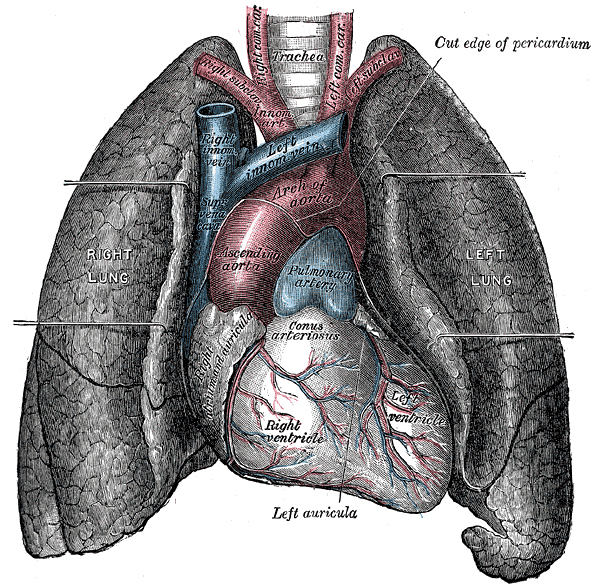
Many American’s believe that products advertising themselves as “low-fat,” are healthier food selections than ones that do not. But despite the proliferation of low-fat offerings in grocery stores across the nation, Americans are increasingly fatter, sicker and experiencing significant decreases in Whole Life health.
Here is the problem in nutshell; America’s rich diet, heavily loaded with animal products, pre-packaged, over-processed and hyper sweetened foods, is so exorbitantly high in fat and empty calories that bringing the fat content down by ten, twenty or even thirty percent, still leaves us in the range of too much fat in the diet to achieve optimum health.
This misguided track also has the added psychological effect of allowing people to feel better about eating “low-fat” food, which inclines them to have a just a little more, a little more often. The result is a sum total of zero benefit to the millions who make the low-fat choice. This leaves us in the position we find ourselves in today, wondering how we could be abiding by all of the rules and still be sick and overweight.
A great example would be the doctor who tells a three-pack-a-day smoker, “I can help you live a longer, healthier life. Instead of smoking three packs a day, simply smoke one.” At this point in our history, with all that we know about smoking, we know that this advice is nothing more than a delay of game. In accepting this misguided prescription, the smoker is still in danger of developing serious and even life threatening diseases. She will continue experience declining energy and the ill effects of so much damage to her circulatory, lymphatic and nervous systems. The advice the doctor has given will pretty much ensure that her health never improves but in fact continues to decline until her habit finally kills her. Despite her doctor’s recommendation.
Rational Recommendations Vs. National Recommendations
If the lists below were food pyramids, the bottom levels being foods we should consume in greatest quantity, we can see the vast difference between what the Federal Government recommends compared to what is recommended by doctors and scientists who have studied the disastrous effects, including chronic disease and premature aging, of over feeding and rich, high fat diets.
Rational (Healthy) Recommendations:
No more than 4 times per month
Fats/Oils/Sweets/Meat
Eggs
Poultry/Fish
No more than 4 times per week
Low-Fat Dairy
1-2 servings daily or 5%-20% of daily calories
Beans, other legumes, nuts and seeds
2-4 Servings daily or 15%-30% of daily calories
Fruits
Whole grains, Brown rice, Bulgar, Quinoa
6-10 servings daily or 30%-60% of daily calories
Vegetables – ½ raw and ½ cooked including:
Lettuce, tomatoes, broccoli, string beans, sweet potatoes, carrots, squash and many more
National USDA Recommendations
Use sparingly
Fats, oils, sweets
2-3 Servings daily
Milk, Yogurt, Cheese
Meat, poultry, fish, dry beans, eggs, nuts
2-4 servings daily
Vegetables, fruits
6-11 servings daily
Breads, cereals, rice, pasta
Even if everything we see and hear about food choices confuses us, we can trust what we know to be true; more Americans need healthcare than have it, more drugs are being created now than ever in the history of the United States, more women are dying of heart disease and cancer than of any other causes and more children have diabetes, autoimmune diseases and nervous system maladies than is conceivable for a nation of our wealth and resources. If food is our fuel, then it stands to reason that our current approach to energy and wellness is woefully insufficient and even counter-productive.
It is critical that we study more closely the effects of what we take into our bodies and the impact it is having on every aspect of our lives; physical, mental and spiritual.
Pamela Serure writes in her book “The Three Day Energy Fast,” “The whole key to personal transformation starts on a cellular level. It’s about rejuvenation of your cells. When we clean out and rebuild our cells they give us new messages. New cells have new meaning. New cells have new stories to tell. New cells don’t follow the same old programming.”
If we are to refashion ourselves from the inside out, we must first begin with the cells. By fasting and minding what eat, we can allow for healing of old ills and a rebuilding which rests on a foundation that can create and sustain optimum health.


























